7 start with Y start with Y

Michelle M. Jacob employs ethnographic case studies to demonstrate the tension between reclaiming traditional cultural practices and adapting to change. Through interviewees’ narratives, she carefully tacks back and forth between the atrocities of colonization and the remarkable actions of individuals committed to sustaining Yakama heritage. Focusing on three domains of Indigenous revitalization—dance, language, and foods—Jacob carefully elucidates the philosophy underlying and unifying each domain while also illustrating the importance of these practices for Indigenous self-determination, healing, and survival.
In the impassioned voice of a member of the Yakama Nation, Jacob presents a volume that is at once intimate and specific to her home community and that also advances theories of Indigenous decolonization, feminism, and cultural revitalization. Jacob’s theoretical and methodological contributions make this work valuable to a range of students, academics, tribal community members, and professionals, and an essential read for anyone interested in the ways that grassroots activism can transform individual lives, communities, and society.
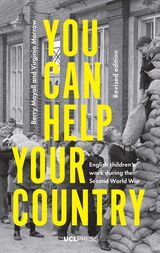
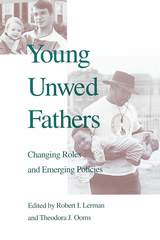

Youngest Recruits is an unflinching examination of the complex motivations that drive Ivoirian children in and out of armed groups. Drawing on firsthand experience with child soldiers, Magali Chelpi-Den Hamer argues that the popular narrative about children’s limited agency is insufficient to explain their participation in violent conflicts. Rather she explores in detail the pre- to postwar trajectories of child and adolescent recruits in order to show that even the youngest exercise some degree of reflection and agency when enlisting into the armed forces. In addition to shedding light on an area of great cultural concern, the author invites readers to reflect on the mixed impact of humanitarian interventions that attempt to reintegrate these children into society.
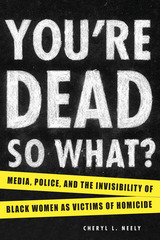
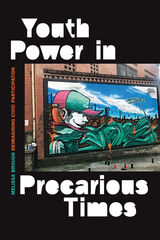
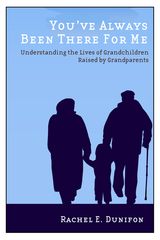
READERS
Browse our collection.
PUBLISHERS
See BiblioVault's publisher services.
STUDENT SERVICES
Files for college accessibility offices.
UChicago Accessibility Resources
home | accessibility | search | about | contact us
BiblioVault ® 2001 - 2024
The University of Chicago Press









